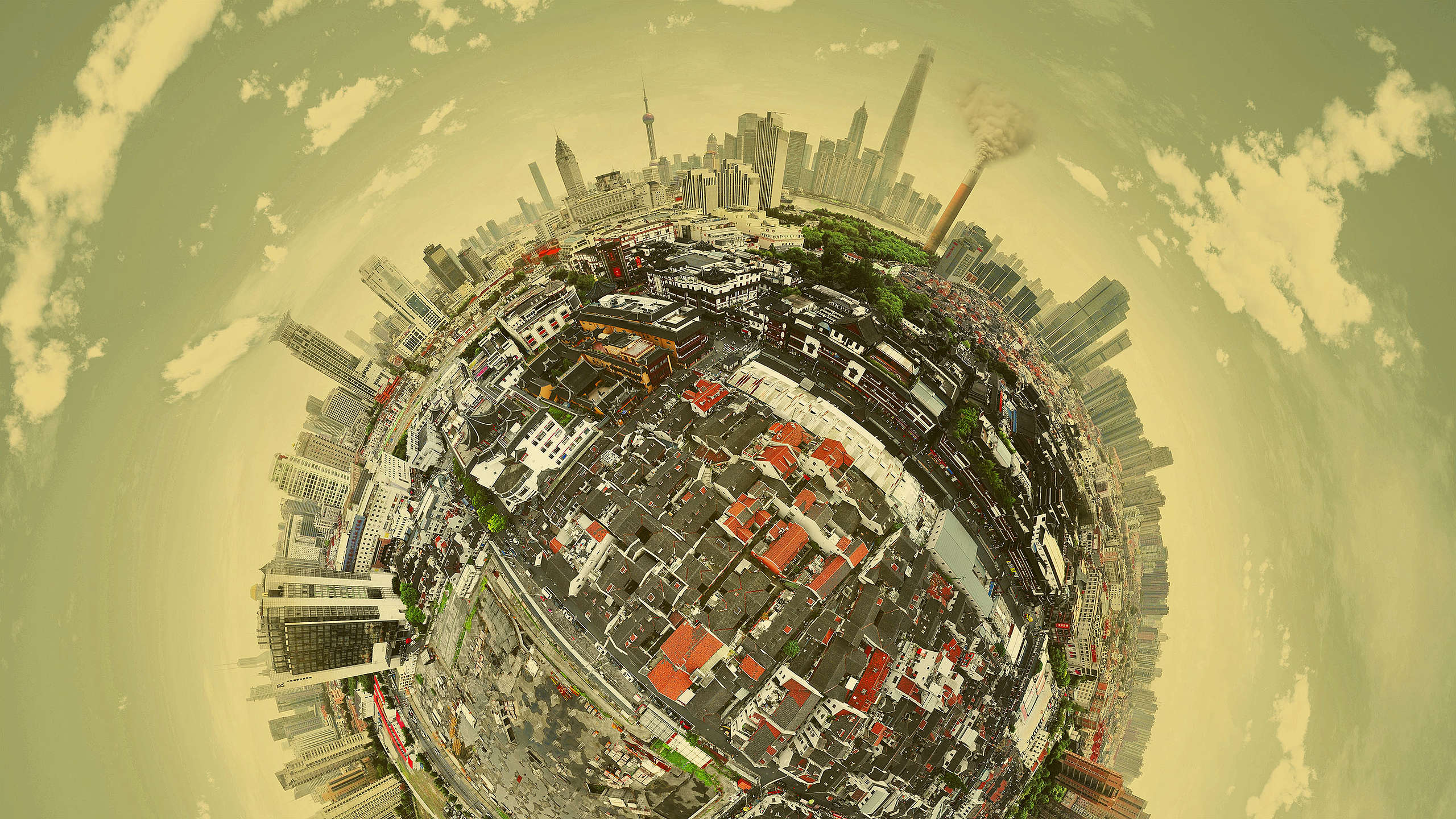Image credit: greenpeace.org
In March, when the quarantine first started, my mom and I went to Pacifica for an evening walk, and what we saw shocked me. The normally car-strewn Interstate 280 was almost empty, and as the night grew darker, the regular crimson and alabaster traffic lights were absent.
The coronavirus pandemic is unquestionably a human and economic tragedy, but the quarantine has left us with a silver lining: cleaner air and less pollution. Currently, we are experiencing remarkable environmental improvements, but I worry that once the pandemic fizzles out and sheltering orders are lifted, the world will go back to its normal polluting tendencies.
The clean air settling in cities right now shows us just how rapidly the environment can bounce back if we stop damaging it. Los Angeles had the longest stretch of clear air since 1995, as measured by the Air Quality Index. Dr. Yifang Zhu, a professor of environmental health sciences at the UCLA Fielding School of Public Health, found a 20% air quality improvement in Southern California from March 16 to April 6. The 80% drop in California traffic is likely a key reason for the cleaner air, demonstrating that a large part of city pollution is caused by individual transportation.

Clean air is not only good for the environment, but also for our health. While CO2 is not toxic to us, other common pollutants such as NO2 (Nitrogen dioxide) and PM 2.5 increase the probability of respiratory and cardiovascular illnesses and reduce lung function.
Other parts of the world, such as India, are experiencing an even more drastic reduction in air pollution.

In the past couple of years, air pollution in parts of India reached unbearable levels, and it is estimated that every year, more than a million Indians die because of diseases caused by air pollution. Delhi, one of India’s most polluted cities, was “gasping for breath” 6 months ago; schools closed, people had to wear masks, and flights were redirected.
Since India’s lockdown on the 24th of March, toxic charcoal skies have cleared to cerulean blues as air pollution plunged to levels not seen in decades. Urban Emissions observed that the concentration of Delhi’s most deadly air particle, PM 2.5, was lower by 75% since the lockdown. Last month, the PM 2.5 concentration fell to 20 micrograms per cubic meter, and will hopefully keep declining to be within the WHO’s guideline of a 10 microgram per cubic meter annual average.
Currently, researchers expect us to see a 4 to 7% drop in global carbon emissions by the end of the year, depending on how long countries remain in quarantine (which will not notably affect the overall carbon levels, which stay in the atmosphere for thousands of years).
All of this has shown us the safer and more beautiful world we could be living in right now, and how swiftly the world can recover if we give it a chance. Yet while all of this is impressive, it will not slow down the looming climate crisis.
If history tells us anything, CO2 emissions will increase again as economic activity recovers. After the 2008 financial crisis in China, there was a three-year growth period of CO2 emissions—which the lead analyst at the Centre for Research on Energy and Clean Air Lauri Myllyvirta called the “biggest, dirtiest stimulus program in the history of mankind.”
While we cannot keep the world in an economic lockdown, I hope that we don’t lose sight of the need to solve the climate crisis. We need to use the time we have now to rethink our relationship to the environment and resolve to live a more environmentally conscious life. Individual actions may not tip the global scale, but they do affect cities’ air quality.
The quarantine has demonstrated that we can save energy by avoiding commutes: many people can work effectively from home, business meetings can occur over video conferencing instead of requiring extensive travel, and shopping online for most items (and shopping less) is much more convenient.
The pandemic has currently resulted in over 100,000 fatalities in the United States and 360,000 people worldwide, and I don’t want to diminish its tragedy. We need to foremost make sure to stay safe and healthy. The pandemic does, however, also offer us a rare glimpse of a cleaner future and an opportunity to change our behavior to have less environmental impact. Let’s not waste it.


Leave a Reply